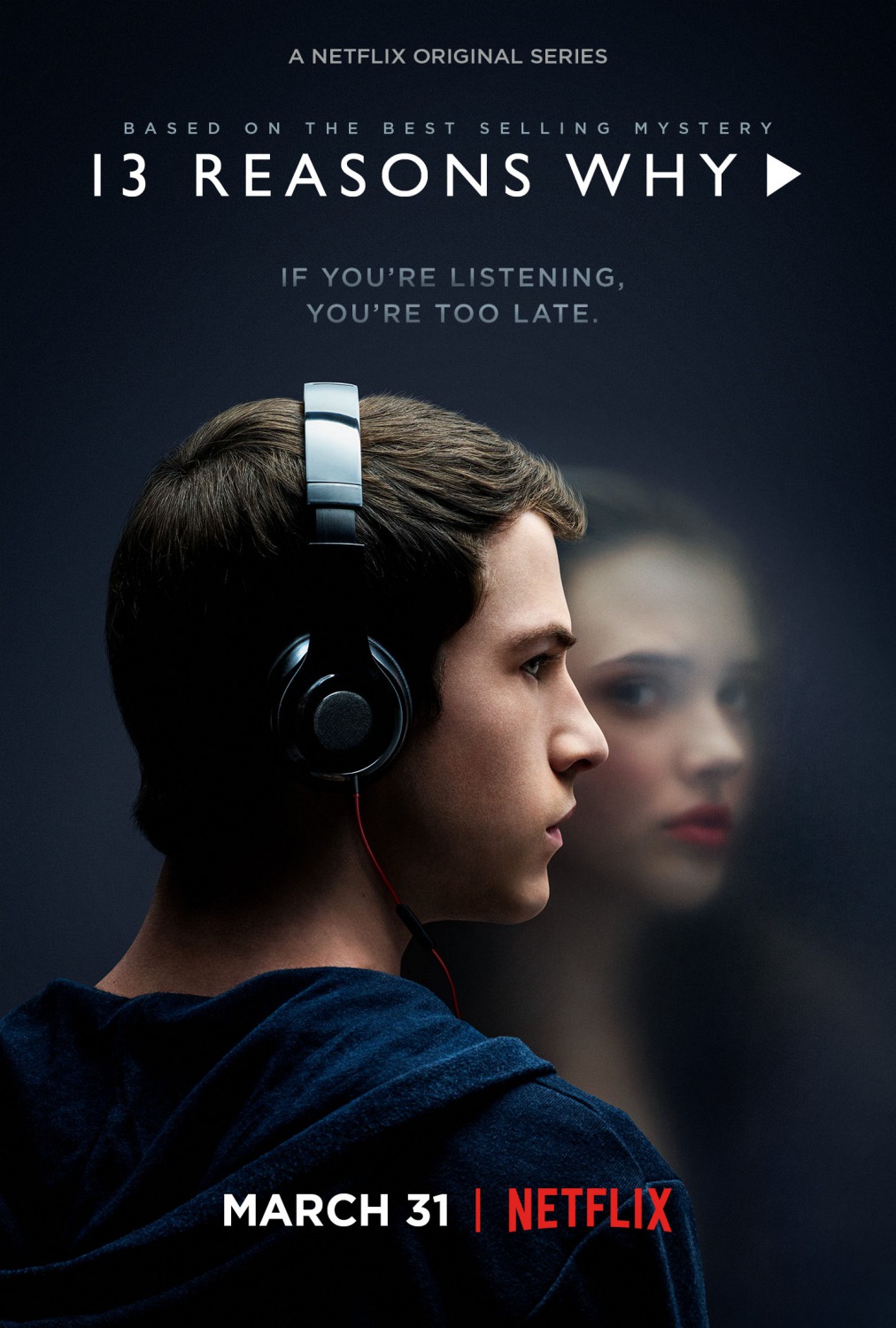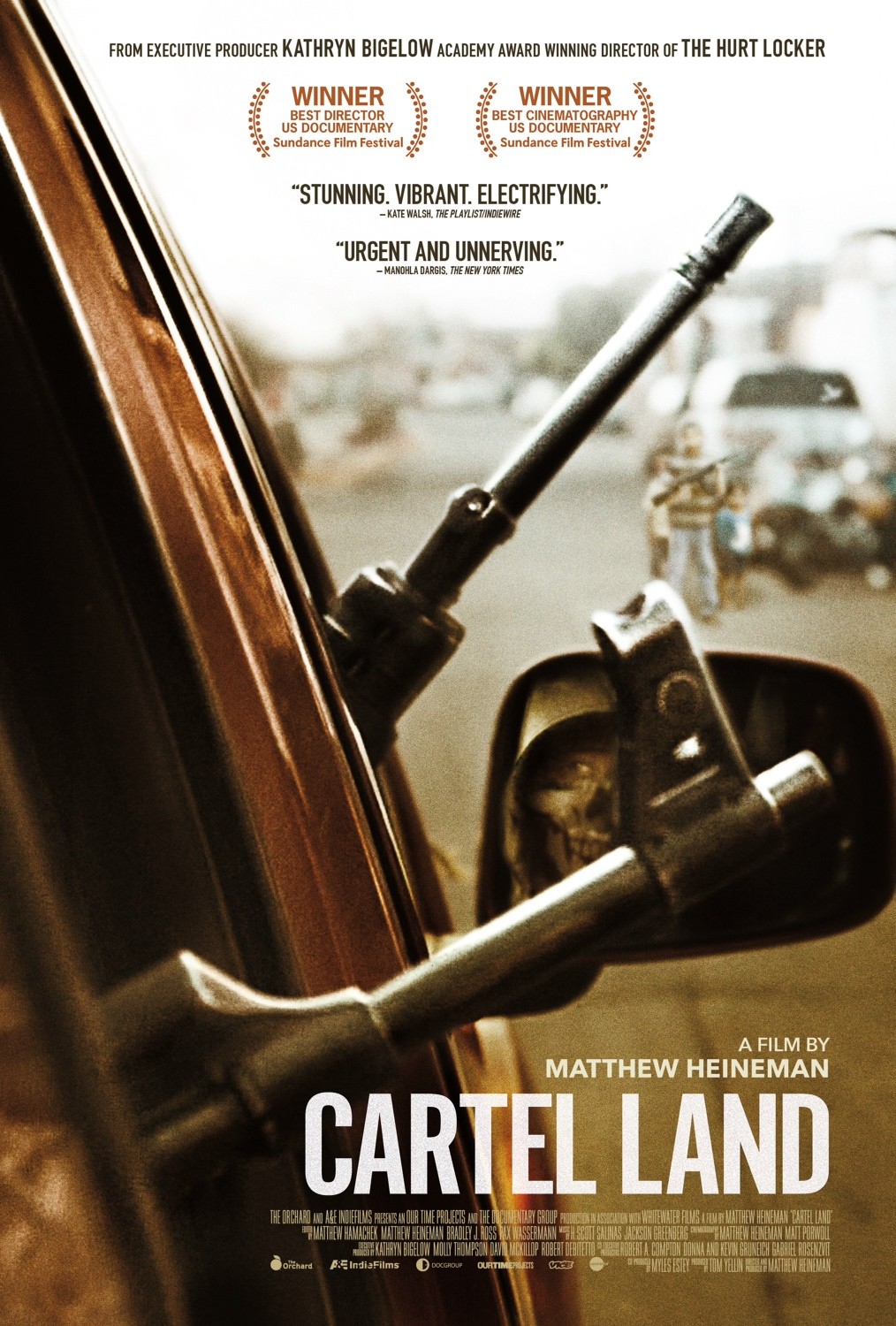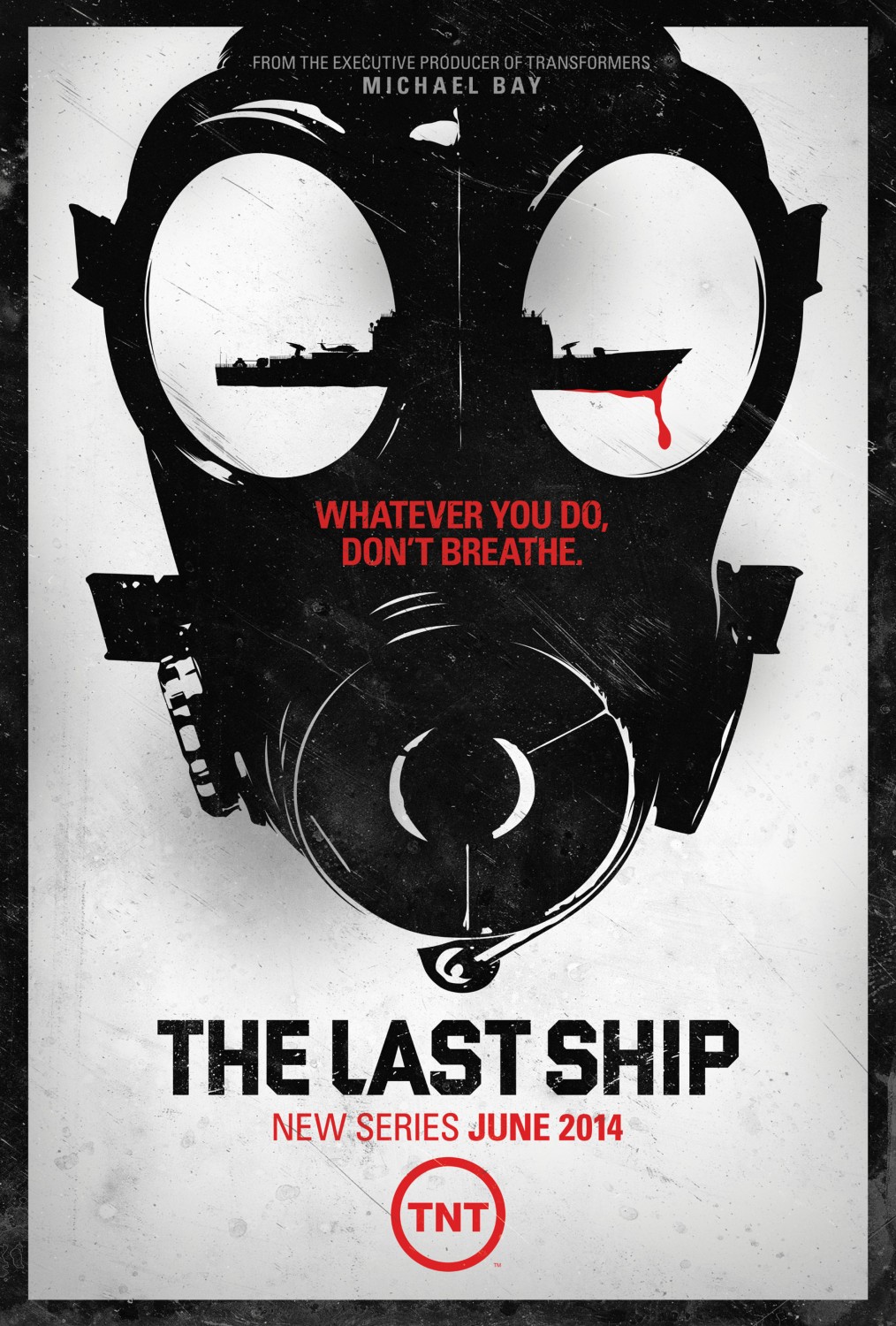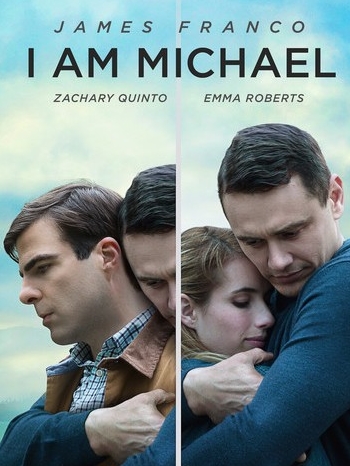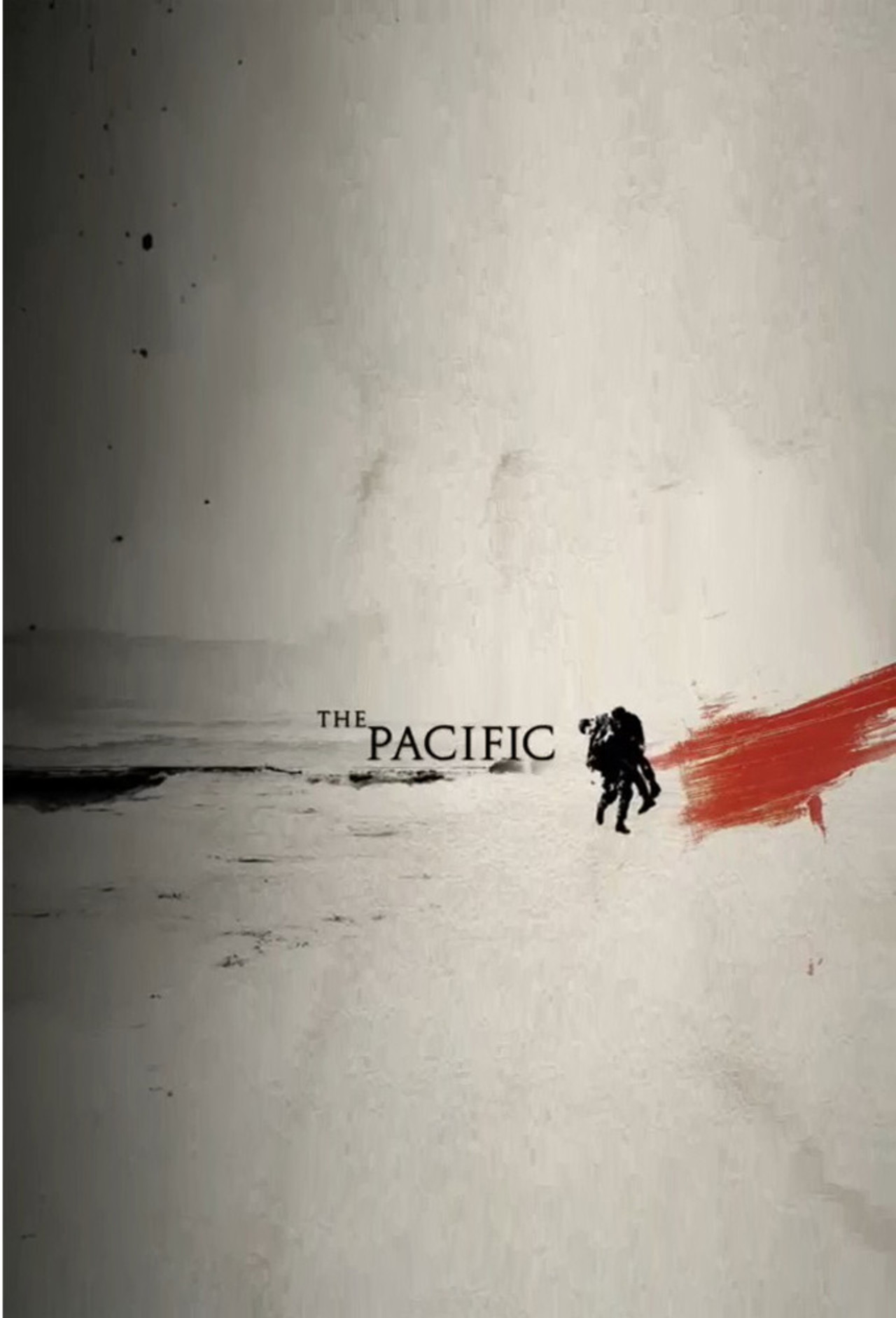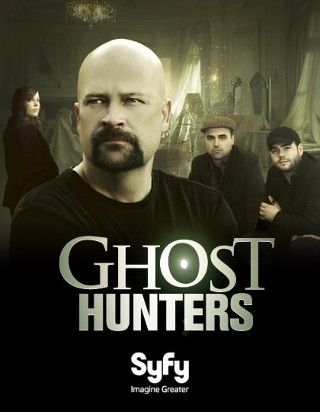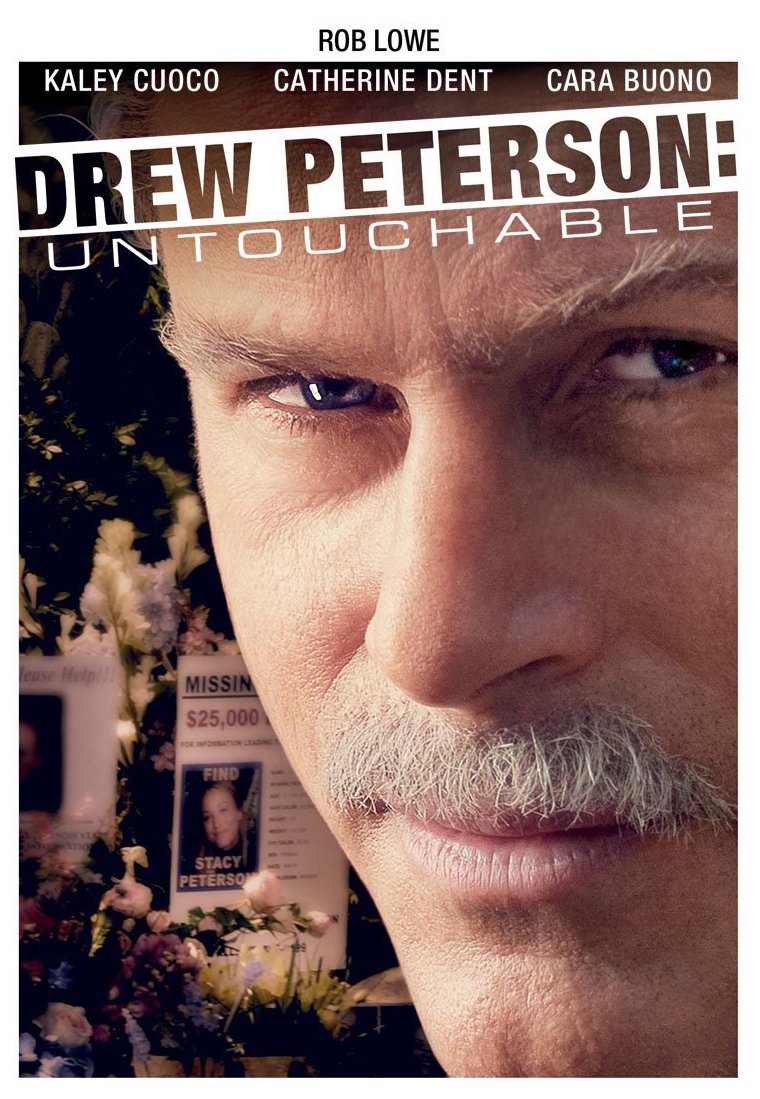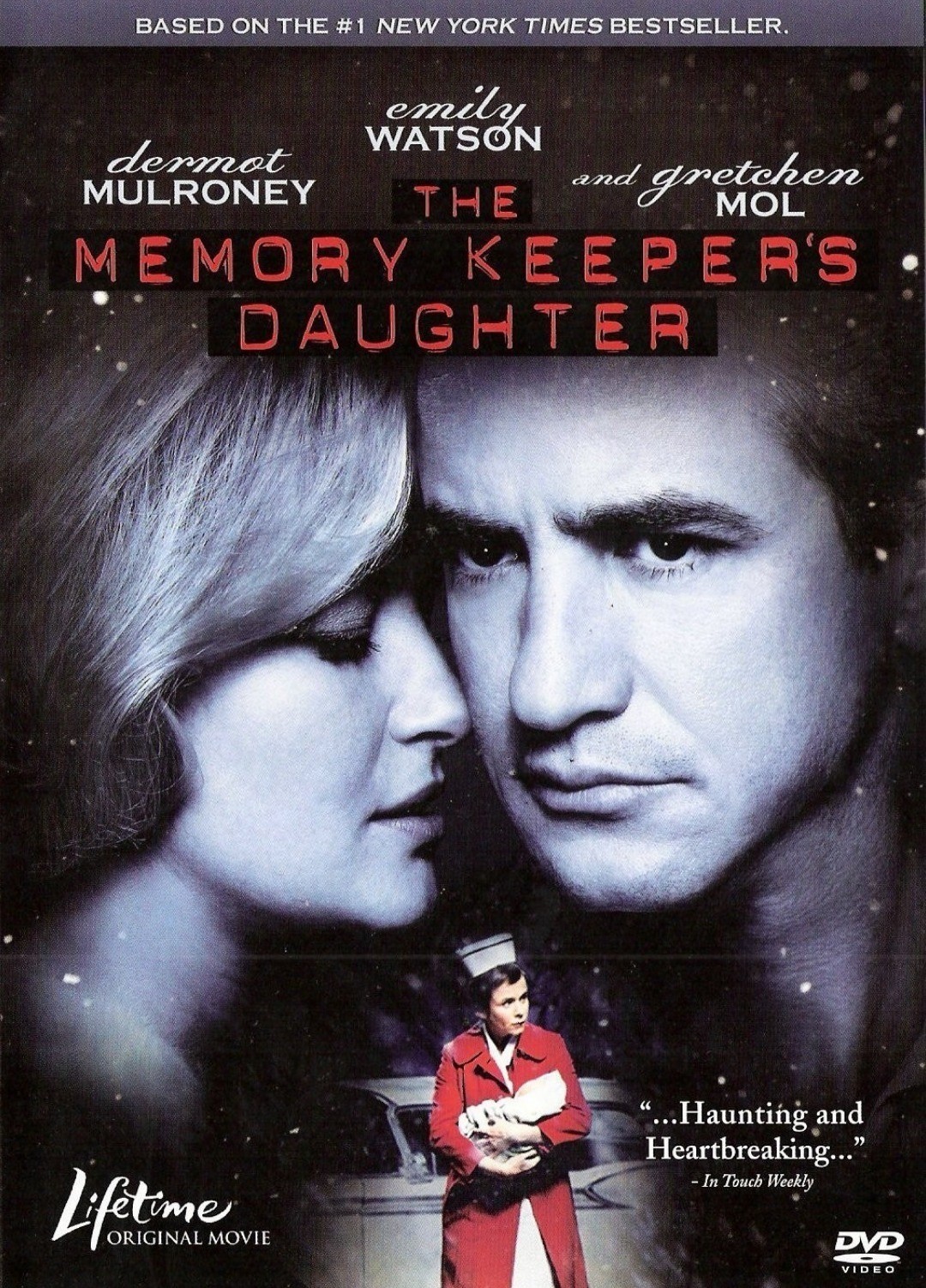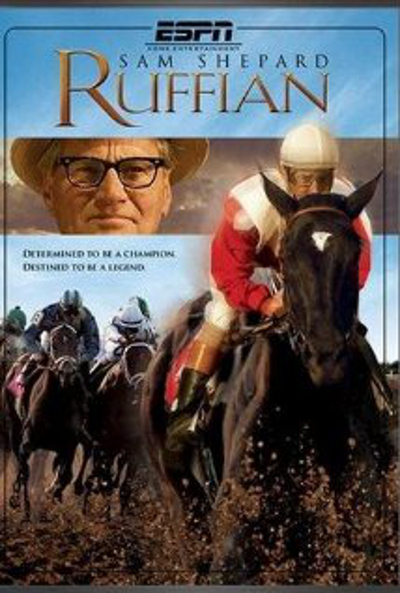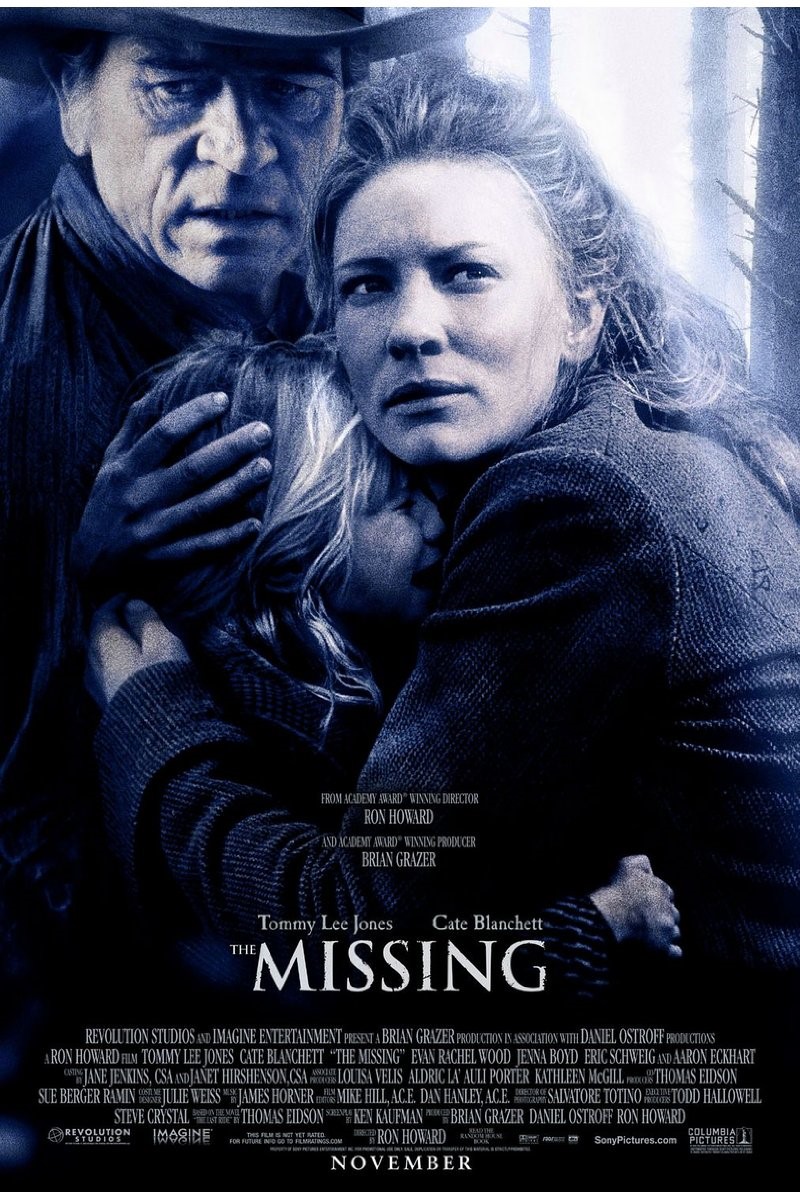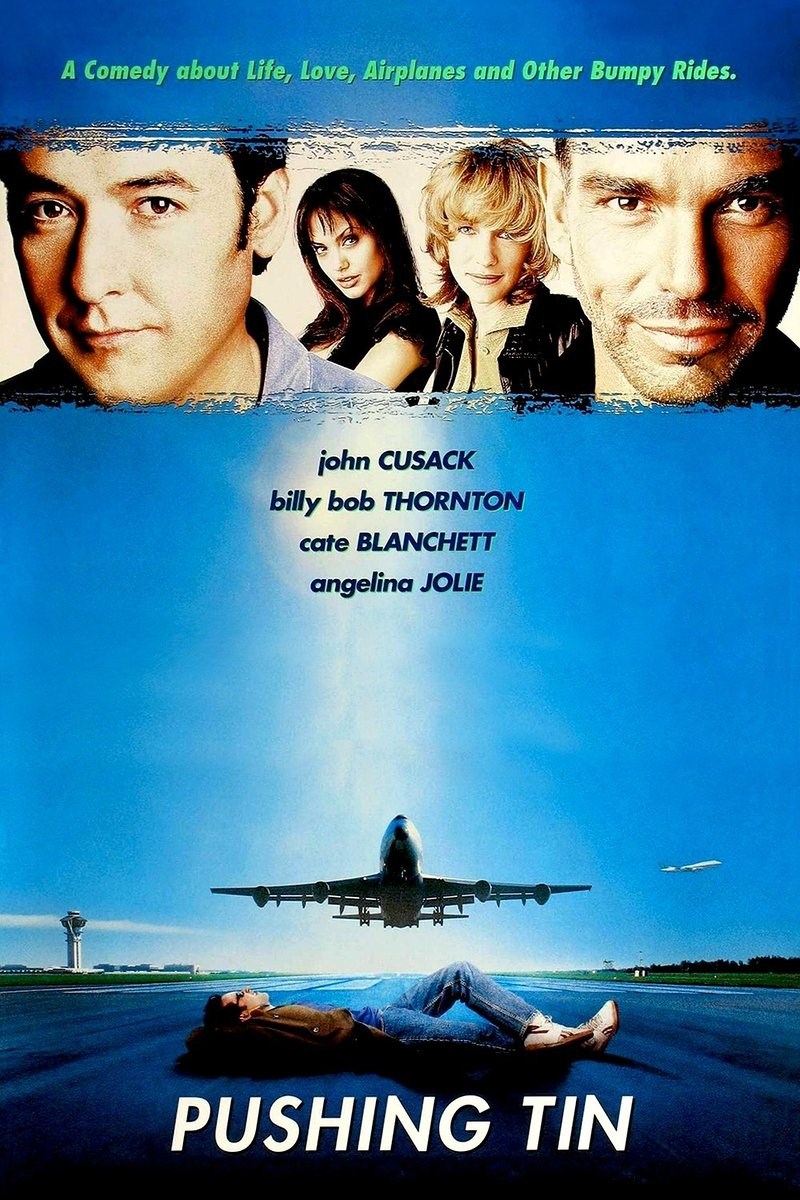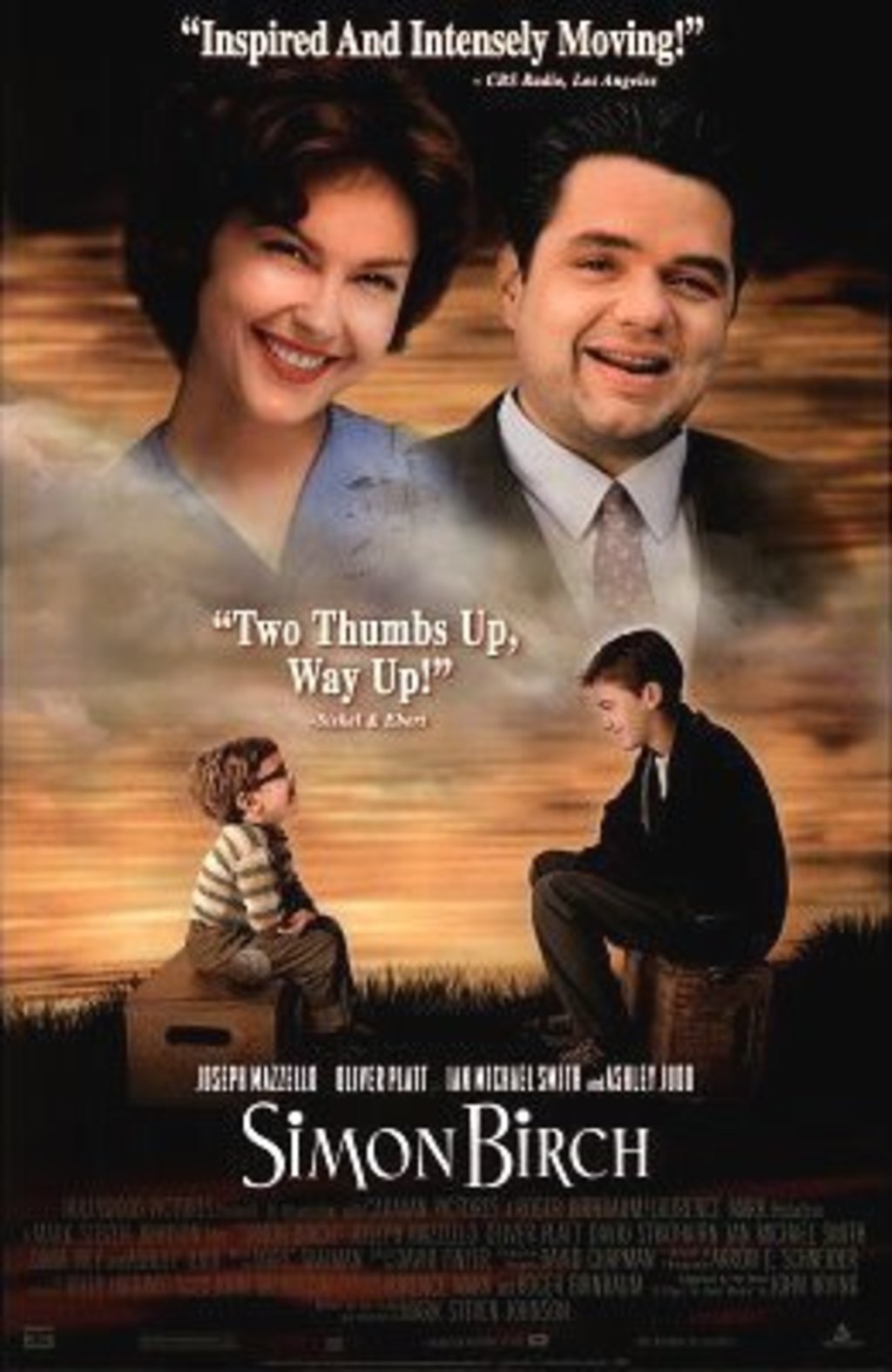The New York Times
‘The Apprentice’ Review: An Origin Story for Donald J. Trump
In this ribald fictional telling of a young Trump’s rise, the man responsible is the lawyer Roy Cohn, played to sleazy perfection by Jeremy Strong.
Midway through “The Apprentice,” a gleefully vulgar fictional dramatization of the loves and deals of the young Donald J. Trump, the movie’s look changes. From the start, the images have had the grainy quality that you sometimes see in films from the 1970s, which is when the movie opens. Then suddenly, while Donald — a terrific Sebastian Stan — is giving a TV interview in 1980, faint horizontal lines begin slicing across the image, evoking the flicker in analog video. It’s a sly nod at the future and a brand-new reality: A (television) star is born.
“The Apprentice” is arriving in theaters less than a month before the U.S. presidential election, but it would be a strain to call this energetic, queasily funny if finally very bleak portrait an October surprise. The real Trump’s reaction to the movie suggested that it had the makings of a bombshell, though the most shocking parts of the movie have been reported elsewhere. His campaign called it “garbage” the day after its premiere at the Cannes Film Festival in May, and his lawyers sent a cease and desist letter to the filmmakers. Yet the only news here — and, really, the greatest surprise — is how thoroughly this ribald, at times predictably unflattering movie humanizes its protagonist, a classic American striver.
In broad strokes, “The Apprentice” recounts a familiar story of individual empowerment and (gilded) bootstraps through Donald, who hungers for the very best, or at least shiniest, that life can offer, be it women, clothing, swank digs or amber waves of hair. Like the hero in a Horatio Alger tale, except with, you know, family money and connections, Donald finds success partly through his association with a slithery lawyer, Roy Cohn (Jeremy Strong, fantastic), who was Senator Joseph R. McCarthy’s chief counsel during the Senate’s 1950s investigations into Communist influence in the United States. Roy becomes Donald’s mentor, helping him achieve his American dream that here has the makings of a nightmare.
The director Ali Abbasi thrusts you right in the scrum, opening on Donald as he navigates the outwardly mean, trash-choked streets of Times Square. It’s 1973, and New York seems to be on the ropes. Parts of the city look like they’ve been bombed, and its rats are on the march. It’s tough out there, even for ambitious go-getters. Yet Donald, who’s in his late 20s and works for the Trump family’s sprawling real-estate business — he knocks on residential tenant doors to personally collect the rent — has grandiose plans to revive the struggling city and make his fortune by giving a hulking, rundown Midtown hotel a classy makeover.
Advertisement
Donald’s aspirations for that hotel, the Commodore, become the first in a series of ladder rungs he grasps on his upward climb through the 1970s and into the go-go ’80s. Working from a script by Gabriel Sherman, Abbasi tracks Donald’s high points and low on his transformational journey, which takes him from testy meals in his parents’ Queens home and into Manhattan’s corridors of power, its boardrooms and party dens. Whether in the back seat of a stretch limo or riding along with Roy Cohn in a Rolls, Donald is on the make and on the move. (Sherman wrote “The Loudest Voice in the Room,” a biography of the Fox News executive Roger Ailes; Abbasi’s directing credits include “Holy Spider.”)
Donald’s path, as it were, proves grim and glittering by turns, and is lined with shrewd wheedling, outlandish excesses, sketchy characters and anguished family drama. There’s also somewhat of a fork in his road, symbolized by his relationship with Roy and his romance with a feisty, skeptical Czech model, Ivana (an appealing Maria Bakalova). The movie suggests that Ivana is good for Donald and maybe a potential lodestar, but he’s in thrall to Roy and to his father, Fred (an unrecognizable Martin Donovan). A tyrant who berates his grown children at the family dining-room table, especially his eldest son, Freddy (Charlie Carrick), Fred is the father Donald conspicuously fears and whom he trades in for Roy.
Abbasi sets a brisk, at times frenetic pace from the start, using an opening blast of punk music (“Anti, Anti, Anti” from the Consumers) like a quasi-heraldic trumpet. With the aid of his resourceful cinematographer, Kasper Tuxen, and with some smartly deployed archival footage, Abbasi drops Donald into the urban fray, enveloping him in bright lights and drifting clouds of sewer steam. The punk yowling soon gives way to the velvety, funereal hush of an exclusive restaurant, a sanctuary for the wealthy where Roy, seated at a table crowded with his gargoyle gangster pals, first spots Donald, who’s all by his lonesome.
Roy has Donald at hello, the lawyer’s dead eyes locking on their target, and a transactional, mutually advantageous relationship soon develops, one that Stan and Strong turn into a mesmerizing duet. Each actor has clearly made an attentive study of his character’s real-life counterpart, his mannerisms, how he moves and especially his voice: Roy’s is often spookily flat while Donald’s tends toward a singsong whine. The resemblance between the originals and copies can be startling, including when Donald purses his lips or Roy flicks out his tongue (a Cohn tic). One of the attractions of biopics is watching how they repackage reality into a fictional entertainment, one that sometimes, as in this movie, has the eerie sting of life.
Trump is one of the most famous figures in the modern era, of course, and if you’re reading this, you probably have read or watched some of the same sources the movie draws upon. Trump’s book “The Art of the Deal” revisits his relationship with Cohn, as do documentaries like “Where’s My Roy Cohn?” Less well known, perhaps, is the claim that Trump sexually assaulted Ivana Trump, which he has denied. The 1993 book “Lost Tycoon: The Many Lives of Donald J. Trump,” by Harry Hurt III, includes the accusation as well as a statement from Ivana Trump. She writes that while she said in her divorce deposition that he raped her, she doesn’t “want her words to be interpreted in a literal or criminal fashion.”
“The Apprentice” stages the sexual assault, and it’s brutal. It also shifts the movie into a darker, much creepier register that doesn’t wholly jibe with everything that has come before: the gonzo excesses, Roy’s star-studded bacchanalia (Andy Warhol! Ed Koch!), Donald’s obsessive fussing with his hair, the whole gaudy package. Throughout it all, Donald builds a veritable empire and Trump Tower, and he becomes a nationally prominent figure who now easily overshadows Fred and Roy both. Donald has turned himself into the king of his world by the ’80s, and while the movie encourages you to laugh at his extremes, his vanity and braggadocio, the one thing that the filmmakers don’t prepare you for, even if you should know better, is the magnitude of the American tragedy rapidly unfolding before you.
